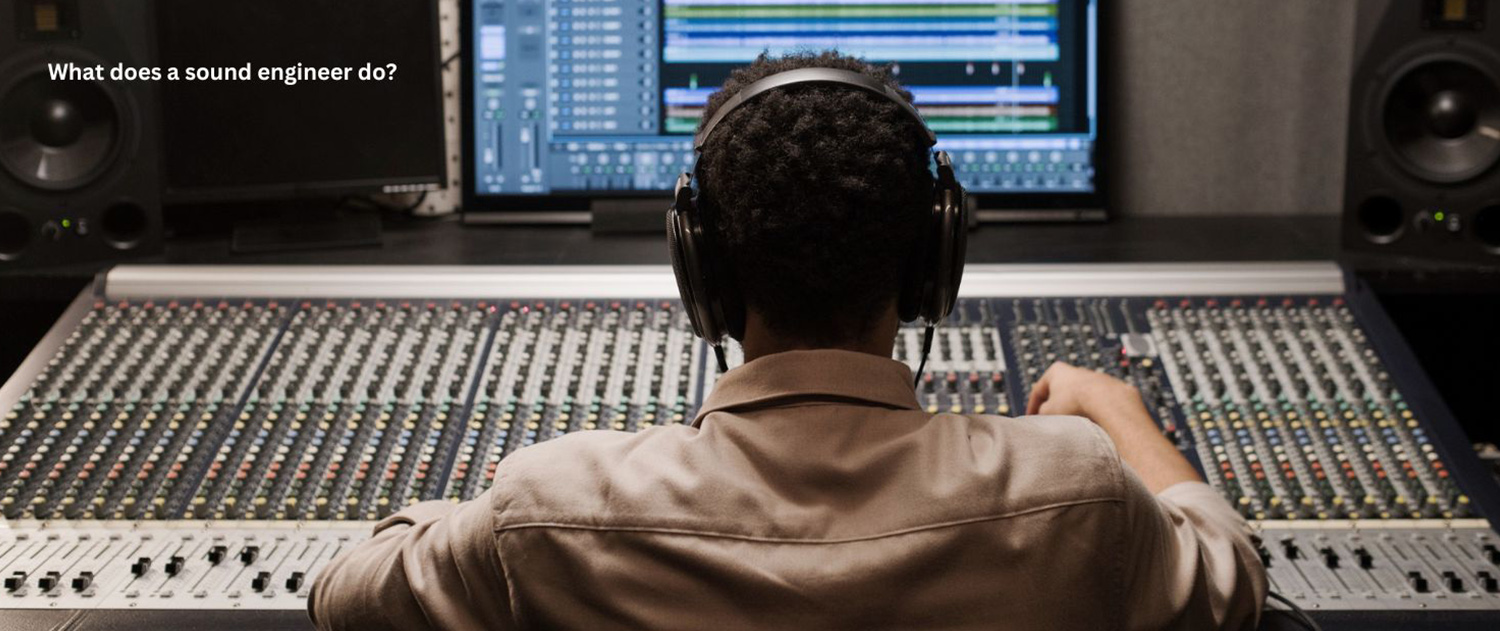Sound engineers play a pivotal role in the creation of high-quality audio across various industries, including music, film, television, and gaming. Muzik Lounge school of Audio Technology hones their expertise to ensure that sound recordings are crisp, clear, and immersive, enhancing the overall auditory experience for audiences worldwide.
Responsibilities of a Sound Engineer
- Recording and Mixing: Sound engineers are responsible for capturing and mixing audio recordings using specialized equipment and software. Whether in a recording studio or on location, they ensure that each sound element, from vocals to instruments, is balanced and cohesive.
- Live Sound Reinforcement: In live event settings such as concerts, theater productions, and conferences, sound engineers manage sound reinforcement systems to amplify and distribute audio to audiences. Training at Muzik Lounge involves setting up microphones, speakers, and other equipment to achieve optimal sound quality in diverse venues.
- Post-Production Editing: After recording sessions or live events, sound engineers edit and manipulate audio files to achieve the desired sound effects, clarity, and spatialization. Tasks at Muzik Lounge school of Audio Technology include noise reduction, equalization, compression, and adding special effects.
- Mixing and Mastering: Sound engineers blend multiple audio tracks together during the mixing process, adjusting volume levels, panning, and effects to create a cohesive final product. Mastering involves fine-tuning the mixed audio to ensure consistency and compatibility across different playback systems.
- Sound Design: In film, television, and video games, sound engineers contribute to the creative process by designing and implementing sound effects, Foley sounds, and background music. Their work enhances storytelling, immersing audiences in the narrative world.
- Technical Troubleshooting: Sound engineers possess in-depth knowledge of audio equipment and troubleshooting techniques. Training at Muzik Lounge helps them diagnose and resolve technical issues that arise during recording sessions, live performances, or post-production, ensuring smooth workflow and optimal sound quality.
Conclusion
In summary, sound engineers play a multifaceted role in the creation of audio content, from recording and mixing to live sound reinforcement and post-production editing. Their technical expertise, creativity, and attention to detail are essential for delivering immersive auditory experiences across a wide range of mediums. Whether in the studio, on stage, or behind the scenes, sound engineers are indispensable contributors to the world of sound.

